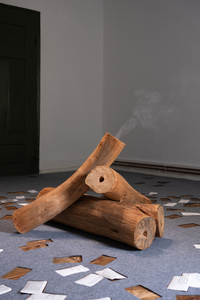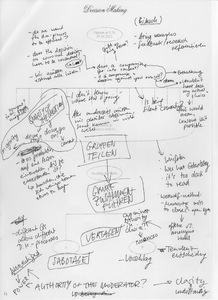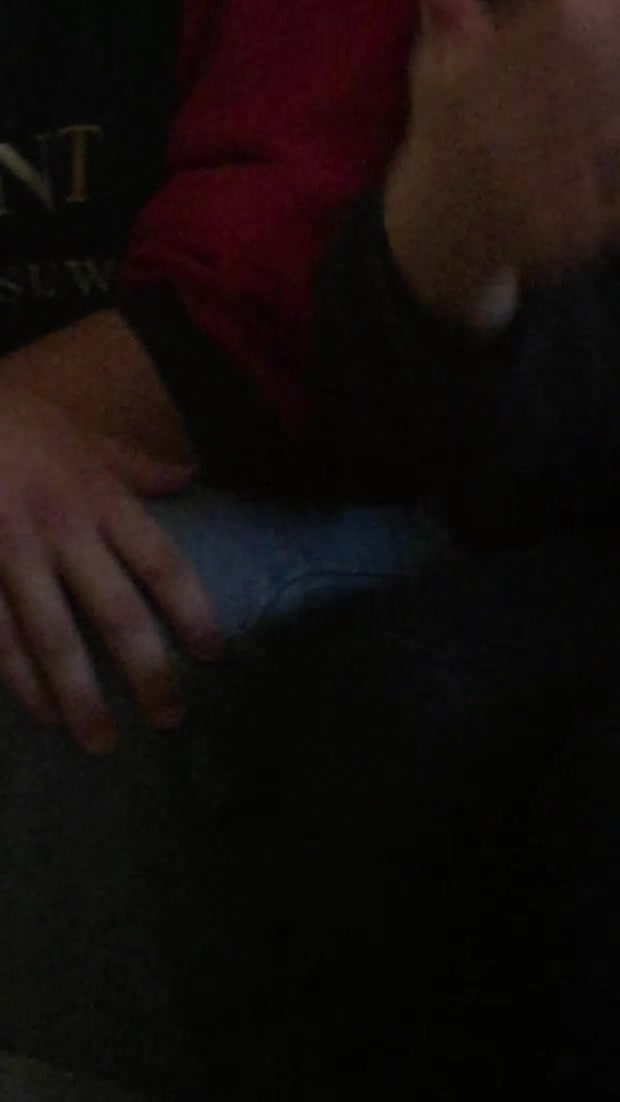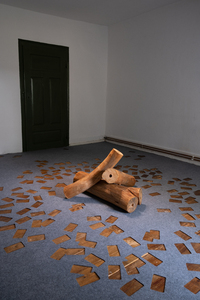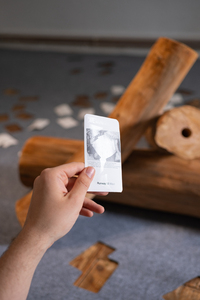| Titel | - The Plenum – A Scripted Play
|
| Autor/in | |
| Beschreibung (de) | - "The Plenum – A Scripted Play" behandelt das performative, das rituelle und das gemeinschaftsbildende Moment des Plenums als Planungstreffen selbstverwalteter Gruppen im politischen und kulturellen Kontext.
Über den Zeitraum eines Jahres wurden "Plena" in unterschiedlichen Konstellationen durchgeführt, die die gruppeneigene Dynamik untersuchten und auf Basis eines sich verändernden Scripts, einem Theaterdrehbuch oder Code gleichend, in einer kollektiven Performance Ausdruck fanden.
Die dabei von der Gruppe gemachten Erfahrungen dienten nicht nur zur Dokumentation für Gewesenes, sondern wurden als neuer „Input“ sofort in das bestehende Script eingearbeitet. Das sich permanent verändernde Projekt konnte so nach Vorbild eines Computerprogramms transparent gestaltet werden und ermöglichte eine basisdemokratische Beteiligung aller Akteur:innen – unabhängig von präexistentem Wissen oder Erfahrungswerten.
Nach Vorbild von Jo Freemans Essay „The Tyranny Of Structurelessness“ stand das Schaffen offener und klarer Kommunikation bezüglich der eigenen Gruppenstruktur und deren „Balance of Power“ im Mittelpunkt der Treffen.
„The Plenum – A Scripted Play“ ist jedoch nicht nur ein reales Treffen einer politischen Gruppe, sondern schafft seine identitäre Notwendigkeit durch seine Schnittstelle mit der Simulation: Das Finden von Mehrheiten (oder Einstimmigkeiten), die Verteilung von Macht und Autorität innerhalb der eigenen Gruppe sowie der Entscheidungsfindungsprozess wurden in verschiedenen Modellen spielerisch erprobt und in ihren politischen und historischen Kontext eingeordnet. Der fiktive Aspekt der Treffen öffnete Spielräume zur Reflexion über das eigene Verhalten innerhalb von Gruppengefügen. Vielen dieser Simulationen dienten Computercodes, Brettspiele und politische Verfassungen zur Vorlage.
Einem jeden Treffen selbstverwalteter Gruppen wohnt immer – oft unbewusst – etwas Rituelles inne, das zum Schaffen der kollektiven Identität von hoher Bedeutung ist. Das Wiederholen planerischer Abläufe und die kodifizierten, gruppenspezifischen Kommunikationsregeln entscheiden über Zugehörigkeit zur Gruppe und sind identitäts- und sinnstiftend.
Was vom Plenum bleibt, sind Simulationsskizzen, ein (beinahe) gegründeter Verein, eine intensive Auseinandersetzung um Vergütungsmodelle in einer nonmonetären Mikrowirtschaft und das Erarbeiten nachhaltiger Strukturen für die eigene kulturelle und politische Praxis, die sich bis heute fortsetzen. Sichtbar von alledem ist nichts, außer die Spuren, die wir stigmergisch hinterlassen.
Diese Spuren: Der Raum, in dem wir uns treffen; das Feuer, um das wir uns versammeln; die Karten, aus denen wir ablesen können, was einmal besprochen wurde – und werden wird; und das Script, ein sich permanent veränderndes Programm, das es uns vielleicht einmal ermöglichen wird, eine sozial und ökologisch nachhaltige Existenz in der Kunst- und Kulturszene zu führen.
|
| Beschreibung (en) | - "The Plenum - A Scripted Play" deals with the performative, ritual and community-building moment of the plenum as a planning meeting of self-organised groups in a political and cultural context.
Over the course of a year, "Plena" were held in different constellations, which examined the group's own dynamics and found expression in a collective performance based on a changing script, similar to a theatre script or code.
The experiences made by the group not only served to document what had already happened, but were also immediately incorporated into the existing script as new "input". The constantly changing project could thus be designed transparently, modelled like a computer program, and enabled the grassroots democratic participation of all actors - regardless of pre-existing knowledge or experience.
Inspired by Jo Freeman's essay "The Tyranny Of Structurelessness", the creation of open and clear communication regarding the group's own structure and its "balance of power" was at the centre of the meetings.
However, "The Plenum – A Scripted Play" is not just a real meeting of a political group, but creates its identitary necessity through its intersection with the simulation: finding majorities (or unanimity), the distribution of power and authority within one's own group and the decision-making process were playfully tested in various models and placed in their political and historical context. The fictitious aspect of the meetings opened up scope for reflection on one's own behaviour within group structures. Many of these simulations were based on computer codes, board games and political constitutions.
There is always – often unconsciously – something of ritual inherent to every meeting of self-governed groups, which is of great importance for creating a collective sense of identity. The repetition of planning processes and the codified, group-specific communication rules determine membership of the group and create identity and purpose.
What remains of the plenum are simulation sketches, an (almost) founded association, an intensive debate about remuneration models in a non-monetary micro-economy and the development of sustainable structures for one's own cultural and political practice, which continue to this day. None of this is visible, except for the traces that we stigmergically leave behind.
These traces: the space in which we meet; the fire around which we gather; the cards from which we can read what has been – and will be – discussed; and the script, a constantly changing programme that will perhaps one day enable us to lead a socially and ecologically sustainable existence in the world of art and culture.
|
| Kategorie | |
| Typ des Projekts/Werks | |
| Datierung | |
| Sprache | |
| Ort | - Plenarwohnung, Atelier von K.-J. Overkott, Günther-Klotz-Anlage, Schlosspark, Stephanienstraße (bei Sven), Sophienstraße (bei Tim), auf dem Dach, ßpace.
|
| Stadt | |
| Land | |
